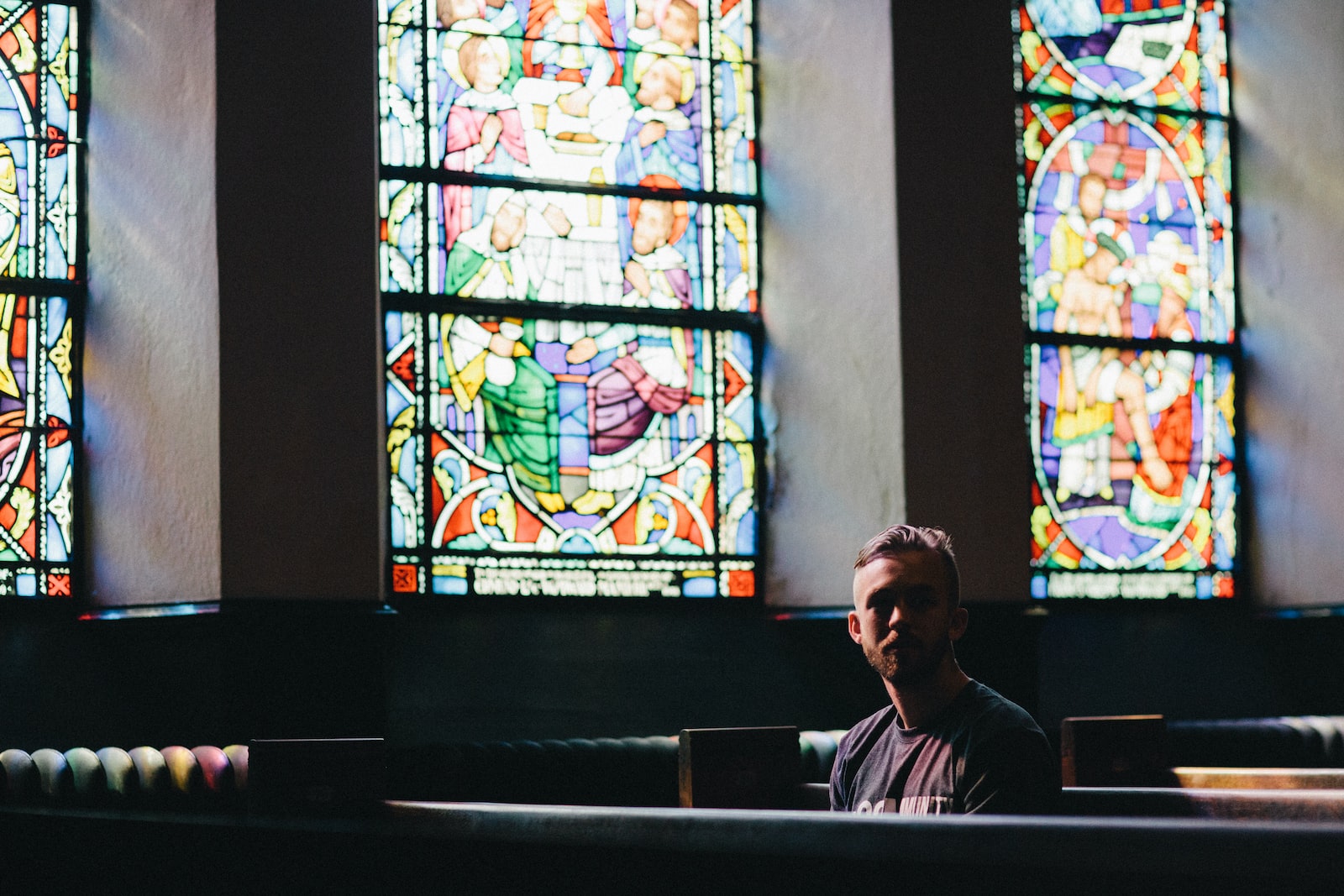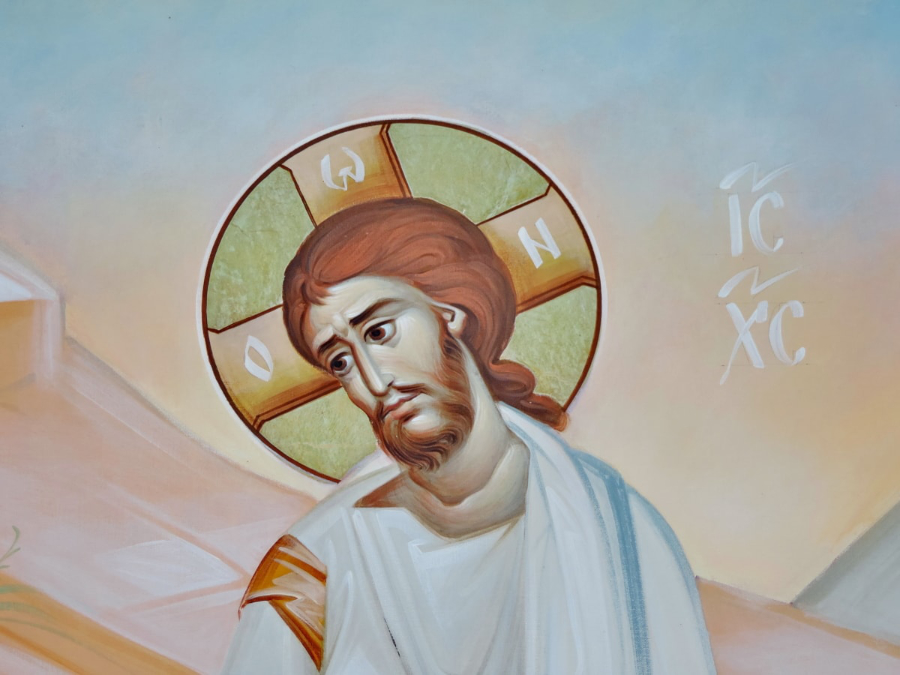
Matt Hancock and the Powers of Horror. Reflections on ‘I’m a celebrity, get me out of here’
November 26, 2022
Rosalind Lund: Christianity is Now a Minority Religion! Does this change the way the Church of England sees itself?
December 1, 2022This cheeky question is often asked in atheist circles. I have two answers, depending on what we are talking about.
Answer 1. Everybody and nobody
If by ‘religion’ we mean belief in intelligent transcendent forces that’s one thing.
As far as anthropologists have been able to discover, all over the inhabited world every society has believed in them. It was obvious to everybody that the world in all its complexity must be maintained by forces more powerful, and more intelligent, than humans. They conceived of these forces in many different ways. Modern Western scholars tend to lump them all together as gods.
Some believe there were atheists in ancient Greece and Rome. But the evidence isn’t there. People accused each other of being atheoi for not taking the traditional rituals and morals seriously enough. A better translation might be ‘godless’. We have no records of people saying they didn’t believe in any gods. The closest we get is Protagoras’ statement in the 5th century BC:
Concerning the gods I am unable to discover whether they exist or not.
Then there is Justin Martyr’s statement in the second century AD:
We do confess ourselves atheists before those whom you regard as gods, but not with respect to the Most True God.
Justin was a Christian. As far as I know this is the first recorded case of anyone admitting to atheism.
So to ask who invented religion is like asking who invented eating, or who invented children playing. Everybody did it. It was an inherent part of every community’s life.
Answer 2. 19th century atheists
Today the word ‘religion’ is usually taken to mean something else. Until the 17th century it was one of those words that don’t have a plural, like ‘piety’ or ‘courage’, because it was about what is going on in the mind. After the Reformation people talked more about ‘your religion’ and ‘my religion’, so the concept of different ‘religions’ developed.
Intellectual defences of atheism first developed in 18th century France. From then on it became possible to conceive of ‘religion’ as a self-contained collection of different beliefs and practices, all based on the error of believing in gods. Religion was therefore dispensable. It didn’t do anything useful.
Together with this change went an exaltation of the human mind. An omniscient God was replaced by an omniscient humanity. We don’t know everything, of course, but only humans can know anything at all. So we’re working on it.
In this way the progress of science came to be seen as the defining characteristic of human progress. The corollary was that whatever science cannot observe must be deemed non-existent. This was nineteenth-century positivism.
These ideas were presupposed in the nineteenth-century development of anthropology and sociology. Auguste Comte and his successors were determined to establish a godless universe completely open to scientific explanation.
From that perspective ‘religion’ needs to be explained. Why on earth should anyone hold religious beliefs when there is no empirical support for them and they have no explanatory value? For a long time scholarly research, in both anthropology and sociology, struggled to explain why, all over the world, our ancestors made the same mistake – of having ‘religion’.
It was those presuppositions that prevented them from seeing the obvious. Never before had any community presupposed that everything in existence was capable of being observed and understood by human research. Everybody else accepted that we live in a world we only understand in part. Subsequent research has shown that our universe is indeed far more complicated than the human mind can possibly know.
That nineteenth-century positivist philosophy remains influential. It is still widely believed, for example in the social-scientific therapies, that ‘religion’ can be harmful and can be abandoned with no unforeseen side-effects. Your parents were religious? That will explain your problems.
The ‘religion’ I am describing here – the one invented by nineteenth-century atheists – doesn’t describe what anybody has traditionally believed and done. (I have given more detail in a set of three posts here, here and here.) It treats religion as something detachable from the rest of life. Traditional spiritualities, whether Christian, Buddhist, animist or whatever else, see their beliefs about gods, and associated practices, as integral parts of their worldviews: parts of their understanding of how the world works, what is the purpose of their lives, and which activities are good and bad.
Since the nineteenth century some people have developed versions of Christianity, Judaism and Buddhism designed to fit this atheist description, but only by developing something new.
Conclusion
Our hunter-gatherer ancestors were right. We live in a world we can’t explain. The universe must be explained by forces more powerful and more intelligent than humans are.
We need to learn once again the humility they had. Negatively, we must stop imagining we can control our environment. 27 COPs should have taught us by now that our attempts to do so are causing disaster. Positively, we need to learn once again to value the environment we have been given. It is a gift from the Beyond which knows what we need better than we do.




